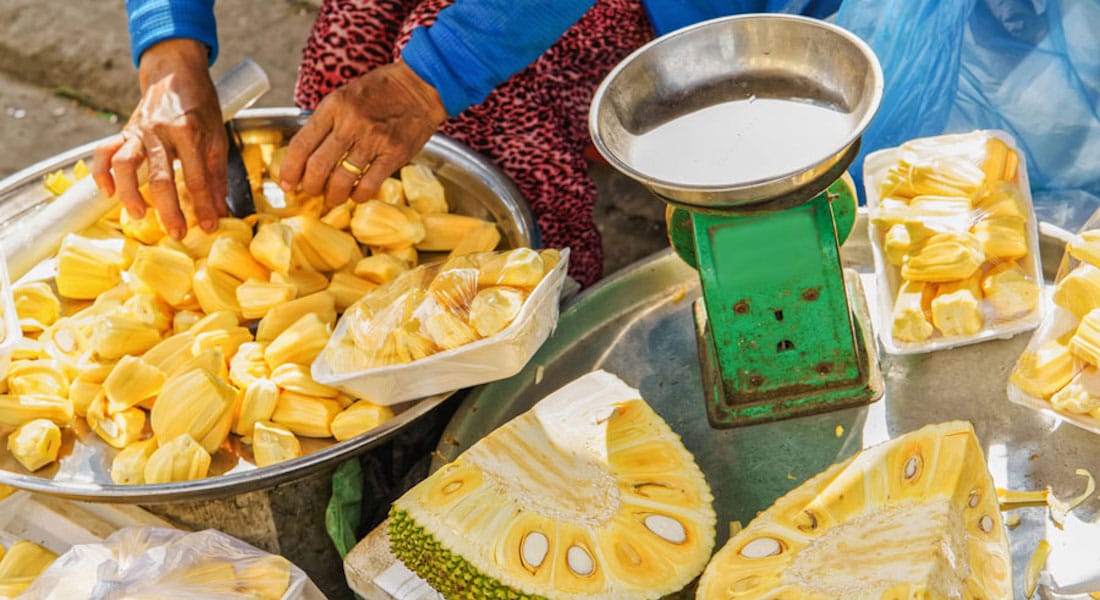
Dragon Fruit to Durian: Southeast Asia's Exotic Produce

November 28, 2018
2 minute read
Southeast Asia fruit is often unlike what you’d find in your supermarket back home. This makes for an exciting trip to a local market, where there’s an abundance of new foods to sample. In Asia, the fruit is especially exotic, as most of it only thrives locally.
Here’s just a sampling of what exotic Asian fruits you might discover whilst Travelling in Southeast Asia:
1. Dragon Fruit
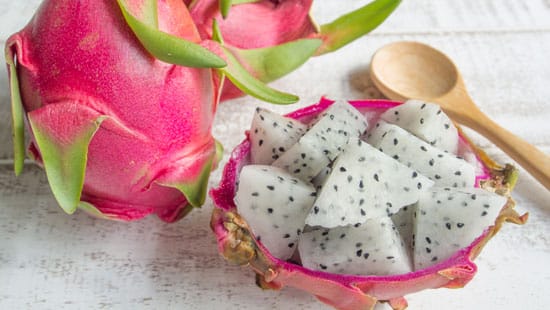
With a vibrant pink exterior and white, fleshy interior, the dragon fruit is both beautiful and delicious. Tiny, black edible seeds in the fruit make for a delightful crunch. You’ll often see dragon fruit blended in sweet drinks.
2. Tamarind
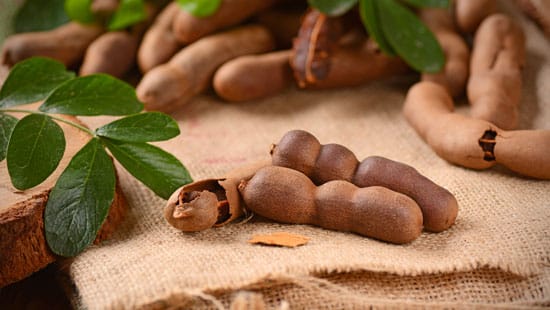
A sweet-and-sour tang makes the tamarind a unique treat. This fruit comes in a brown shell and is eaten by sucking the meat from the stone-like seeds. You might find this fruit in laksa – a popular dish.
3. Rambutan
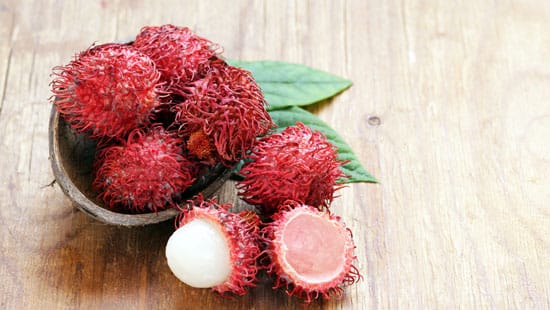
Resembling small, hairy cherries, the rambutan is sweet and syrupy. This fruit is best when ripe – look for a bright red exterior with no white spots.
4. Lychee
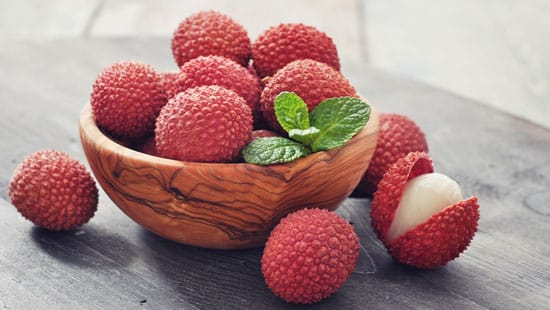
Similar in taste to the rambutan, the lychee was a favourite fruit of Chinese emperors. The small brown or pink shells on these fruits are peeled away, revealing a sweet, white ball.
5. Durian
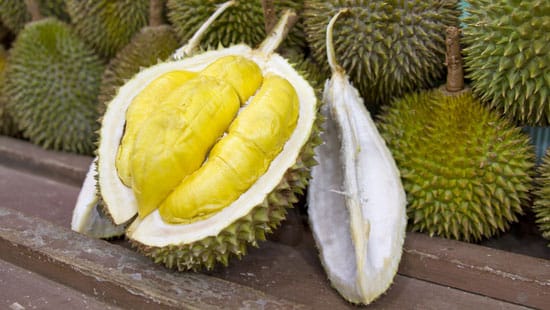
Whilst the durian has a pungent, almost rotting smell, it is touted as the “king of fruits” in Southeast Asia. With a spiky, green exterior and flesh interior with a texture similar to custard, durian is a fruit many people either love to hate or hate to love.
Whilst visiting local markets in Southeast Asia, you’ll find exotic fruits like these and so much more. Engage your senses and take the time to stop and admire the bright hues, unique scents, and memorable tastes of these uncommon fruits.
